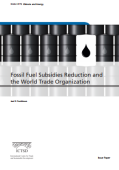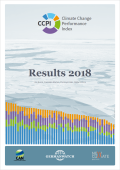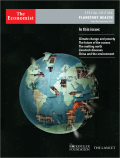
What risks do our civilisations face, and how will we identify them? Are we living through a key transition for our species and civilisations, and how would we know if we were? What forces have shaped past civilisations and our civilisations today, and what will protect future civilisations? What will determine human sustainability and resilience in the face of these planetary dangers? Is human and planetary sustainability compatible with our current expectations for economic growth and material prosperity?
To answer these and other questions, The Lancet and The Rockefeller Foundation are launching a commission and convening a major global gathering at the Foundation’s Center in Bellagio, Italy. This special edition of The Economist magazine will, together with other inputs, help shape that ongoing conversation.
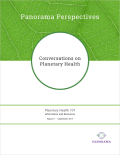
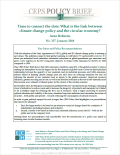
In December 2015, the European Commission published the new Circular Economy Package, containing a host of initiatives to reduce waste and to increase the longevity of products and materials, but it failed to set a headline target for reducing the EU’s use of resources. Such a target could help to increase political attention and visibility of the issue, stimulate long-term ambitions and streamline the action of all actors – both public and private – towards reducing the consumption of natural resources.
In order to gain political support for such a target, this CEPS Policy Brief highlights two preconditions that need to be obtained:
- The target needs to be based on an attractive vision for change shared by a majority of stakeholders (including business and industry).
- It needs to be based on robust and consistent indicators across the EU – both on the public and on the company level.
Meeting these two preconditions will considerably ease the introduction of a policy mix aimed at fostering more circular business models.
